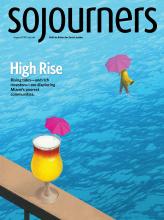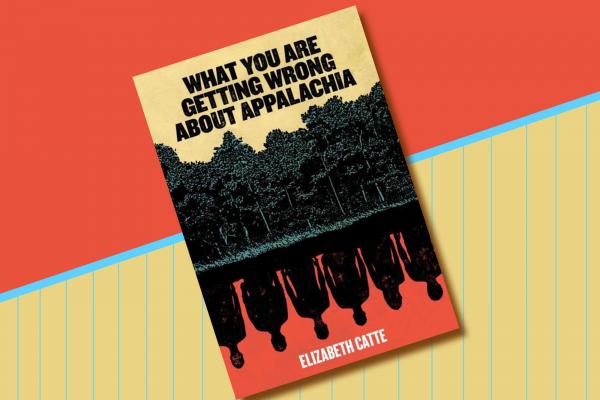ELIZABETH CATTE'S What You Are Getting Wrong About Appalachia is the vindication every Appalachian has been craving in the wake of the media’s seemingly endless examination of so-called “Trump Country.” For any native Appalachian like me, reading this slim volume is at once a breath of fresh air and the blueprint you always wished for to respond when someone snidely expresses surprise that you have all your teeth and a good pair of shoes.
Catte divides her book into three sections. First, she provides an overview of why Appalachia is more diverse and less monolithically conservative than the media has portrayed. Second, Catte offers a direct refute to the Trump Country literary genre. The author concludes her work with a powerful description of her Appalachian home’s core values, contrasting Appalachians’ longstanding commitments to social justice and cohesive community against outsiders’ efforts to both “save” the region’s people and extract its resources without just compensation or stewardship.
Catte frankly describes her mission in writing this book as providing “critical commentary about who benefits from the omission of [diverse Appalachian] voices ... and openly celebrat[ing] the lives, actions, and legacies of those ignored in popular commentary about Appalachia.”
Read the Full Article

